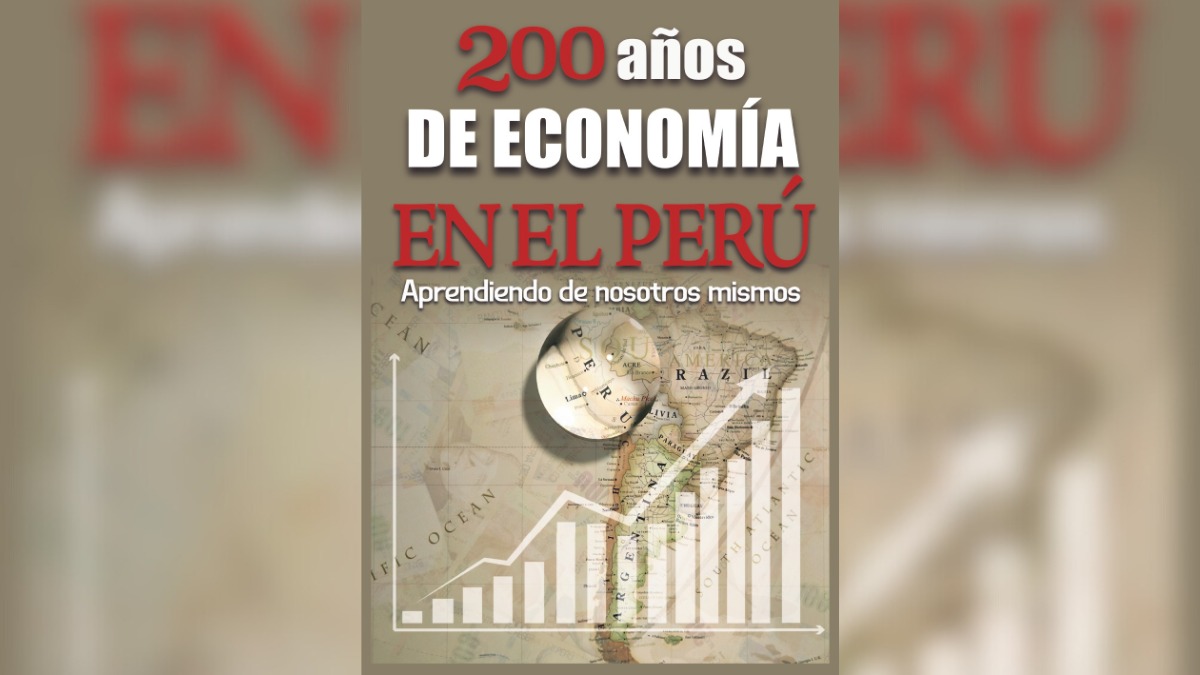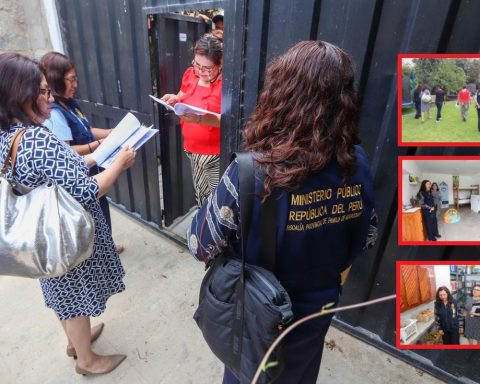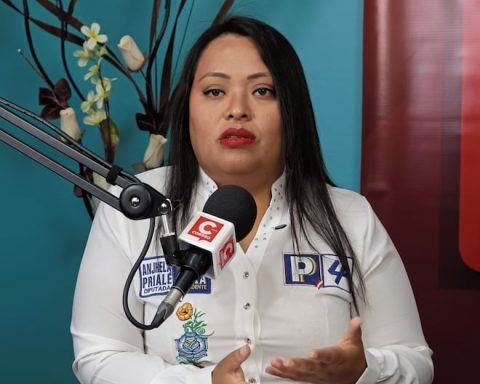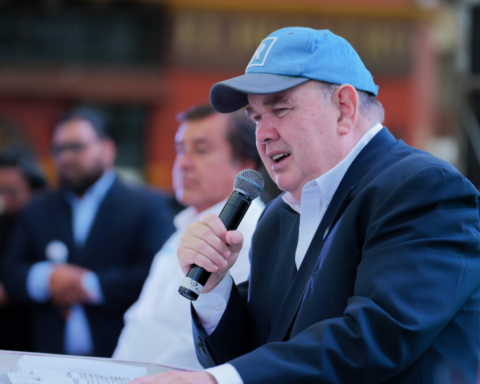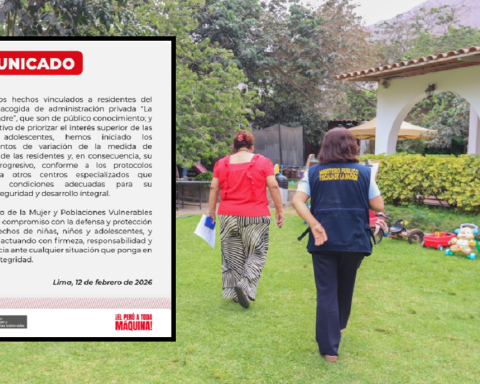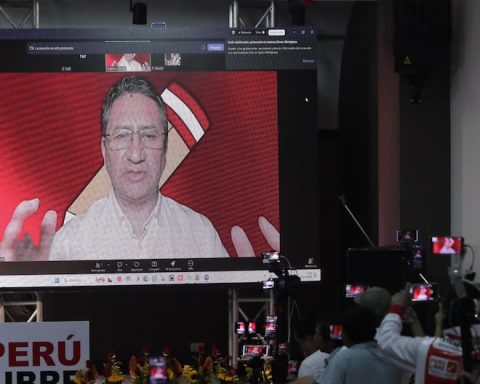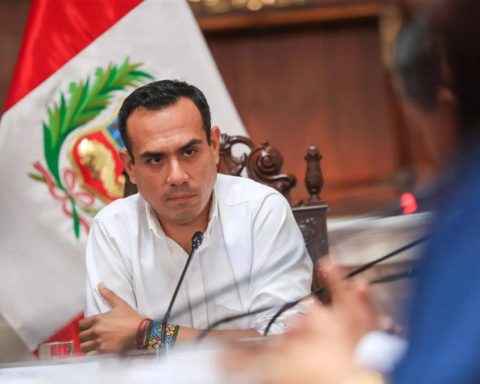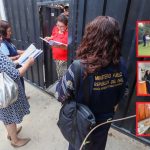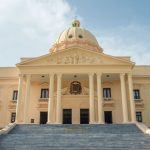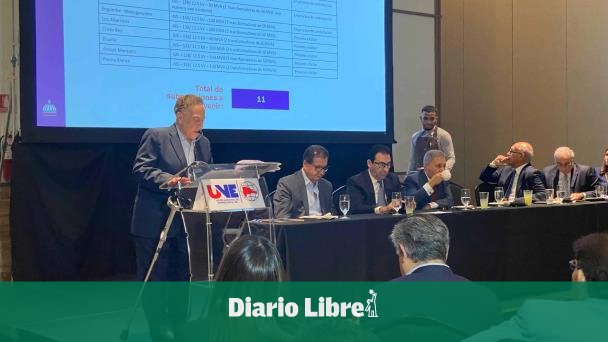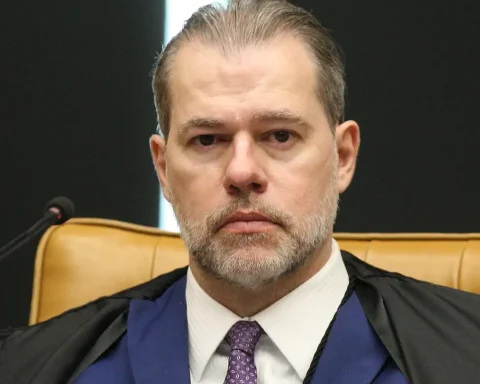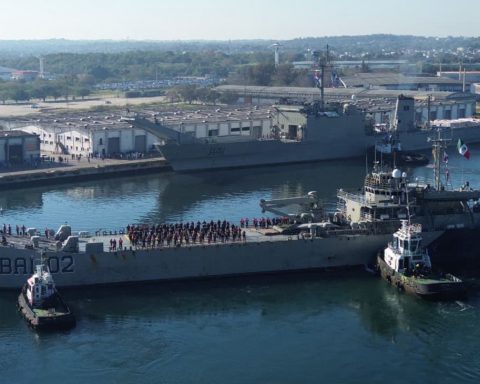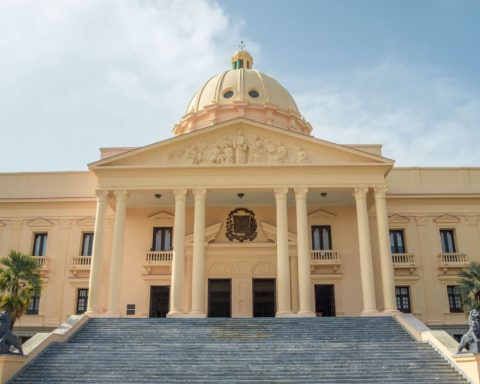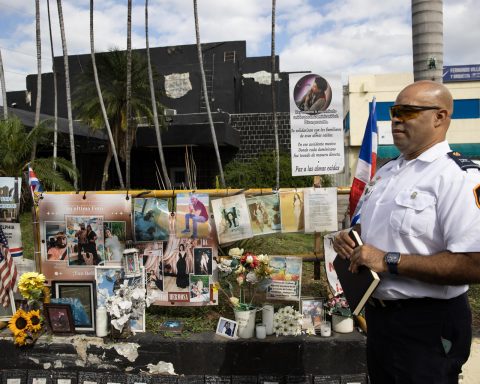This Thursday, November 21, the newspaper Peru21 will present his book “200 years of economics in Peru – Learning from ourselves” which becomes a reality thanks to the Romero Foundation. The presentation will be at the Pedro de Osma Museum, starting at 5:30 pm The work is an exhaustive compilation of the political and economic milestones that have marked the future of the Peruvian economy from independence to the present.
The book, described as a meticulously prepared work, brings together 37 fascicles originally published between November 2020 and August 2021, to which are added two new chapters that analyze the period 2021-2023 and project possible scenarios for the future of the country. These contributions make this edition an indispensable tool to understand the roots and challenges of Peru’s economic development.
“The Romero Foundation supports this valuable journalistic work, promoting critical reflection and research,” says Dionisio Romero Paoletti, president of the Foundation, who emphasizes the commitment of this initiative to the promotion of democracy, civil rights and the economy of market.
The book will be presented by prominent figures such as the intellectual and businessman Felipe Ortiz de Zevallos, the director of the Central Reserve Bank, Diego Macera, Dionisio Romero Paoletti himself, and the journalistic director of Perú21, Cecilia Valenzuela. The presence of businessmen, teachers, students, newspaper columnists and authorities is also expected, who will participate in a reflective dialogue about the learnings of our economic history.
A journey through our history
“200 years of economy in Peru” addresses transcendental issues that have defined our economic trajectory. From the challenges of independence and the first external debt, through structural reforms and trade opening, to the most recent governments of Pedro Castillo and Dina Boluarte, the book exposes how politics and economics have shaped the country’s present.
The chapters also analyze the lights and shadows of the policies implemented in the last two centuries, highlighting how progress in certain periods has been slowed by political instability, corruption and the lack of consistency in the execution of reforms.
An essential contribution
The book was written by journalists Isaac Vásquez and Claudia Izaguirre, with the collaboration of Francisco de Piérola, Renzo Norvani and Jared Panta. And each chapter was submitted to the sharp and watchful eye of a group of an advisory council made up of the businessman Martín Pérez, the economist Diego Macera, the journalist Aldo Mariátegui, the editor Bernardo Roca Rey and the director of this house Cecilia Valenzuela. The work reflects Perú21’s commitment to generating useful and relevant content for society. Each chapter is properly referenced, which guarantees the rigor of this work that invites us to reflect on the errors and successes of our economic history to build a more promising future.
With this publication, Perú21 reaffirms its commitment to the truth and its responsibility in promoting critical analysis, offering its readers a collection that, without a doubt, will become a reference for academics, businessmen, students and anyone interested in understanding the complex relationship between politics and economics in Peru.
We trust that you will enjoy this unique and enriching collection, which offers a distinctive vision of Peru21’s journalistic mastery.
Take advantage of the NEW EXPERIENCE, receive our enriched digital newspaper by mail and WhatsApp. Peru21 ePaper.
Now available in Yape! Find us at YAPE Promos.
RECOMMENDED VIDEO
